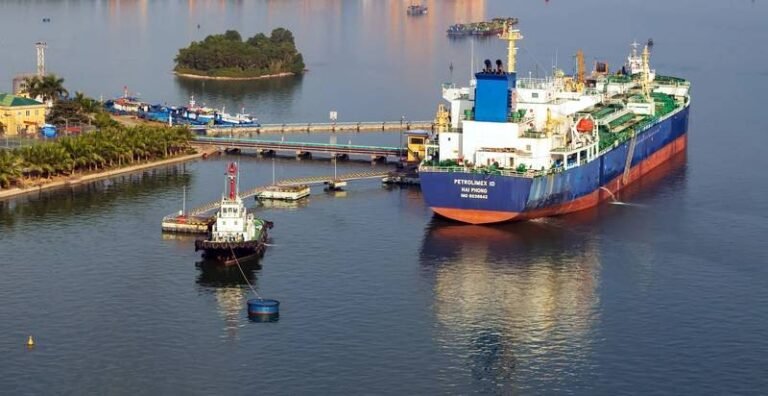The Impact of Trade Tensions on the Global Energy Landscape
A recent report by Wood Mackenzie titled “Trading cases: Tariff scenarios for taxing times” delves into the potential futures for the global energy and natural resources industries amidst ongoing trade tensions. The report outlines three scenarios – Trade Truce, Trade Tensions, and Trade War – each painting a distinct picture of the energy landscape through 2030.
Gavin Thompson, vice chairman of energy at Wood Mackenzie, highlights the significance of the current uncertainty surrounding tariffs in reshaping the energy and natural resources sectors. The report emphasizes the need for energy leaders to engage in scenario planning to navigate through potential market disruptions.
Key Findings
- Oil markets: The report projects varying oil demand levels in 2030 across scenarios, with the Trade Truce scenario showing demand reaching 108 million b/d and Brent averaging US$74/bbl. In contrast, the Trade War scenario predicts a decline in demand by 2026, with Brent plummeting to US$50/bbl.
- Natural gas and LNG outlook: The Trade War scenario could worsen the global LNG oversupply, leading to price drops. In comparison, the Trade Truce scenario foresees falling LNG prices due to increased supply growth. The Trade Tension scenario falls in between, showing limited impact.
- Power sector challenges: Trade tensions pose a dual challenge for the power sector, impacting electricity consumption and disrupting growth initiatives. Investment barriers arise, particularly affecting US manufacturing plans. Technologies like battery storage and renewables face vulnerability due to complex supply chains.
- Metals and mining implications: The Trade War scenario disrupts demand growth for key metals, with potential significant declines in aluminium and copper demand. China’s manufacturing sector faces challenges, potentially flooding global markets. While recovery post-2026 is possible, permanent demand losses may persist.
The report underscores the need for energy leaders to adapt to evolving trade scenarios and prepare for potential market disruptions. By engaging in scenario planning and strategic decision-making, the energy and natural resources sectors can navigate through the uncertainties brought about by trade tensions.

